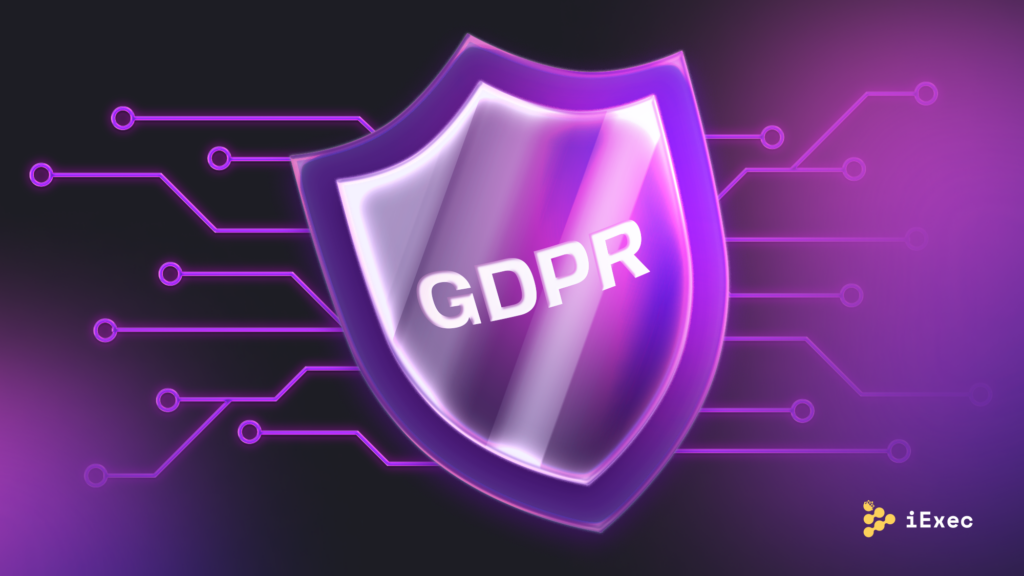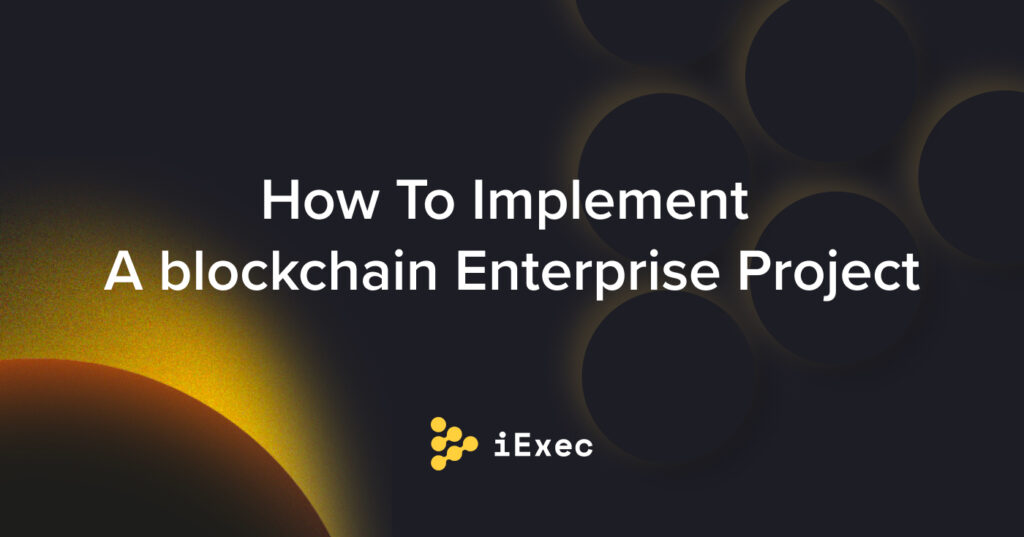Beyond Data Protection: Why You Shouldn’t Rely Only on GDPR

We all know GDPR transformed data protection. Yet, is that enough?
It feels like 2018 was ages ago: Meghan Markle tied the knot with Prince Harry, and Marvel’s “Black Panther” hit the screens. That same year, the General Data Protection Regulation (GDPR) was implemented across Europe, setting a new legal framework for data protection.The GDPR reshaped how companies handle personal data, empowering individuals with more control over their information.
However, as we move forward, we must ask: Is it enough to keep up with evolving technologies and emerging threats?
GDPR Framework: A Good Start, But Not the Endgame
GDPR undeniably sets a high bar for privacy standards. But let’s face it: GDPR is just the start of our journey toward true data protection.
The Strengths of GDPR in Data Protection
The GDPR’s primary strength lies in its clear definition of data rights and the responsibilities it places on organizations. Individuals now have the right to access, correct, and delete their personal information. GDPR also imposes significant penalties on those who fail to comply, ensuring that organizations take data protection seriously.
This legal framework has made companies more cautious about how they handle data, preventing misuse and encouraging transparency. GDPR makes it clear: data protection is a fundamental right, not just a regulatory box to tick.
Cracks in the Armor: GDPR’s Limitations
While GDPR’s legal framework is strong, its implementation reveals challenges. The regulation was designed for an era when data protection largely centered around centralized control. However, as technologies like artificial intelligence and decentralized systems emerge, it’s clear that GDPR’s centralized approach may not fully address the complexities of current digital matters.
This simply represents limitation of how far the law can go without technological innovation. It shows that legal frameworks, by nature, need to be supplemented by technological solutions that can address the growing threats we face.
Limited Power in the Hands of Many
GDPR grants individuals extensive rights over their data. But the reality is that companies can retain and use personal information under certain conditions, which can complicate enforcement. This creates space for companies to interpret these rules in ways that sometimes conflict with individual rights.
The delicate balance between individual privacy and commercial interests is an ongoing challenge. The regulation sets boundaries, but enforcement across different industries and regions remains uneven, leading to varied levels of protection.
The Centralization Obstacle in Data Protection
“Don’t put all your eggs in one basket (unless you want to eat an omelet).” GDPR’s centralized approach can unintentionally create vulnerability by concentrating control in the hands of a few organizations or authorities. While the regulation mandates strict measures, high-profile data breaches continue to occur. This demonstrates that centralization can be an attractive target for cybercriminals.
Limited Reach: What About the Rest of the World?
“When data crosses borders, who’s in control?” GDPR’s influence stops at Europe’s borders, creating a significant challenge in the rest of the world. Lawmakers created this law to protect data in Europe, but authorities do not enforce it consistently.
Some national data protection authorities are better equipped and more proactive than others, leading to a patchwork of protection. Some countries are more vulnerable than others, which challenges the main goal of GDPR.
So, how do we address these challenges? Decentralized technologies offer a complementary solution to GDPR’s limitations, particularly in securing data integrity and confidentiality. These technologies can help ensure stronger data protection, no matter where the data resides.
Decentralized Technologies Are the Sidekicks GDPR Needs to Enhance Data Protection
GDPR laid a solid foundation, but decentralized technologies can elevate data protection further. it needs updates to address challenges posed by new technologies. How can they collaborate?
Decentralized Data Storage to Break Free From the Centralized Mold
Think of decentralized storage as your personal safety deposit box, but with a twist – you’re the only one who holds the key.
Unlike centralized systems, decentralized storage disperses data across multiple nodes. This eliminates single points of failure, enhancing security and giving users control over access.
True Data Ownership with Decentralized Data Protection and GDPR
Which scenario sounds more like data ownership?
- Scenario A: Every time someone wanted to access your data, they had to ask for your permission.
- Scenario B: Your information is sold in a shady world of data sellers, companies, and unknown entities.
Scenario A shows the power of blockchain and smart contracts, giving users control over their data. In a decentralized setup, users control access to their data through cryptographic keys. Without your key (i.e., your consent), no one can access your data.
If a company wants your information, they must make a request, which triggers the smart contract to enforce the consent mechanism. You can either grant access or deny it, depending on your preferences.
This prevents companies from accessing your data without your knowledge, creating a scenario where they always have to ask for your permission.
Enhanced Privacy for All: Advanced Cryptography Puts the “Secure” in Secure
While GDPR imposes strict rules on how data is handled, advanced cryptographic techniques in decentralized systems add multiple layers of security, making unauthorized access almost impossible.
Every request to access data is logged on the blockchain, creating an immutable record of who requested your data, when, and for what purpose. This means:
- No shady data selling to unknown companies.
- You have full visibility into who accessed your data and why, with no possibility for unauthorized or hidden transactions.
Even if one layer is breached, other safeguards remain intact, ensuring the confidentiality and integrity of personal data.
Advanced cryptographic techniques add multiple layers of security, making unauthorized access nearly impossible. If someone gets past one layer, they will still face another obstacle.
They’re on the outside, while the personal data they’re after remains secure. Decentralized Confidential Computing (DeCC) offers extra security by processing data in a private environment.
TEEs: The Bouncers at the Data Club
Have you ever visited a nightclub where the security guards denied your entry? This is how Trusted Execution Environments (TEEs) keep data safe.
They only let people with special permission access it. This is similar to how bouncers control entry at an exclusive club. These are secure enclaves.
They ensure that data stays private even during processing. Your data is verified without revealing it publicly, similar to the procedure of passport authentication. When TEEs team up with GDPR, they keep data safe from unauthorized access at every step.
Decentralization Can Reward You for Being Smart
GDPR slaps fines for bad behavior; decentralization hands out bonuses for doing the right thing. Picture a system that rewards you for protecting and using data correctly, rather than just punishing mistakes.
Incentive models in decentralized apps encourage developers and users to secure data, using rewards instead of punishments. From task-based payments to user data monetization, decentralized systems offer real-world rewards for smart behavior. They make sure that everyone invests in safeguarding data.
Decentralized Technologies serve to complete, not to compete.
The GDPR sets the legal foundation for data protection, but decentralized technologies can take it a step further. These technologies don’t compete with GDPR; they complete it, filling gaps and offering a more comprehensive approach.
As we use more technology, we must consider how various solutions can collaborate to safeguard data. Thus, what’s holding you back? Start exploring decentralized solutions that enhance GDPR today, and finally take control of your data.
Was this helpful?
Did you like the post? Let us know your opinion!
Thanks. Would you like to add something?
Thanks for your feedback!






